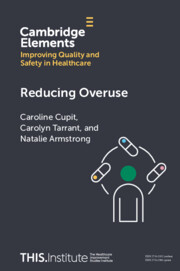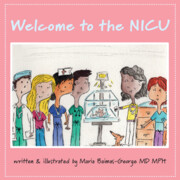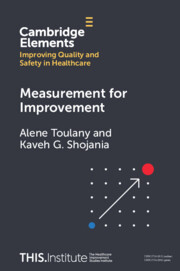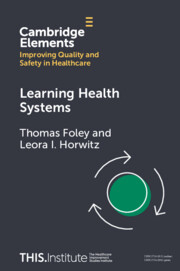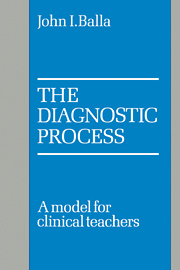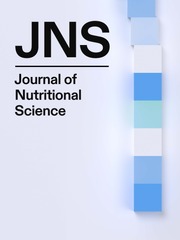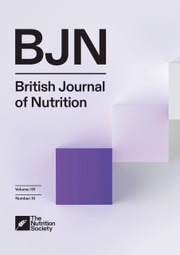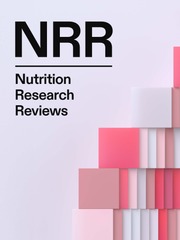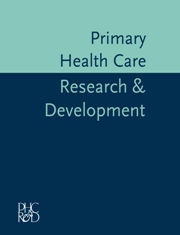Reducing Overuse
Overuse has become a major issue of healthcare quality, safety, and sustainability around the world. In this Element, the authors discuss concepts, terminology, and the history of concerns. They show how interventions to address overuse target multiple drivers. They highlight successes and promising approaches, but also challenges in generating and using evidence about overuse. They emphasise that different stakeholder perceptions of value must be recognised. System-level efforts to restrict access to services have created tensions between stakeholder groups and stimulated politicised debates about rationing. They argue for clear articulation of priorities, problem definition, mechanisms for interventions, and areas of uncertainty. Policy-makers should prioritise transparency, be alert to inequalities as they seek to reduce overuse, and consider how to balance controlling use with enabling clinicians to respond to individual circumstances. The complexity of the drivers and possible solutions to overuse require the use of multiple research methods, including social science studies. This title is also available as Open Access on Cambridge Core.
Product details
February 2023Paperback
9781009310680
75 pages
228 × 152 × 4 mm
0.1kg
Available
Table of Contents
- 1. Introduction
- 2. What is Overuse?
- 3. Understanding Overuse
- 4. Efforts to Address Overuse
- 5. Critiques of Approaches to Addressing Overuse
- 6. Conclusions
- 7. Further Reading
- Contributors
- References.

